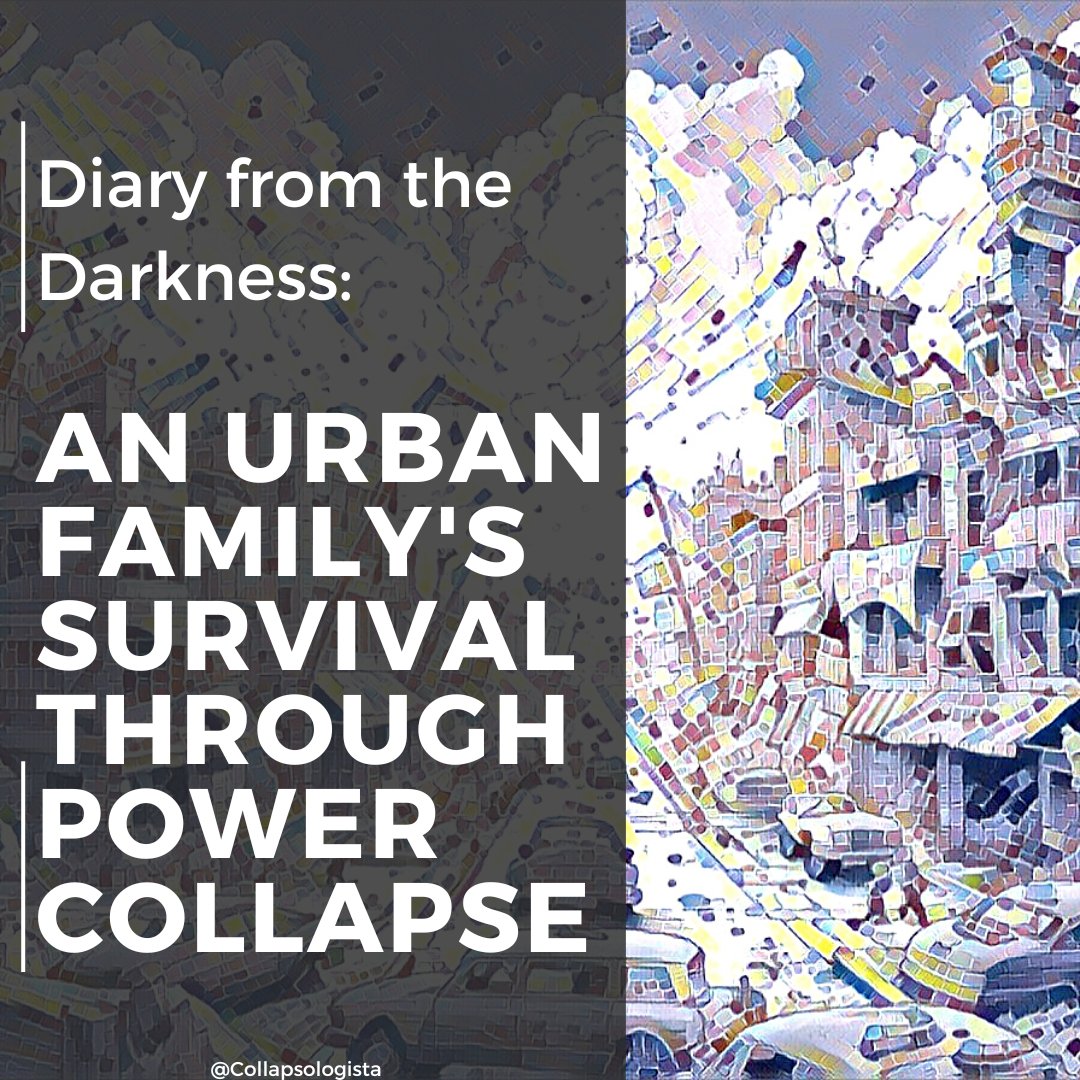Let's talk about #CognitiveBiases and #denial of reality as a cause of #CivilizationCollapse.
Civilization collapse is a phenomenon that occurs when a complex human society disintegrates and loses its cohesion, identity, and functionality. There are many possible causes of
1/n
Civilization collapse is a phenomenon that occurs when a complex human society disintegrates and loses its cohesion, identity, and functionality. There are many possible causes of
1/n
civilization collapse, such as natural disasters, war, famine, disease, trade disruption, resource depletion, and social inequality. However, one factor that is often overlooked or underestimated is the role of human psychology in shaping our perception and response to these
2/n
2/n
challenges. In this thread, I will argue that cognitive biases and denial of reality are significant contributors to civilization #collapse because they #impair our ability to recognize, understand, and solve the problems that threaten our existence.
3/n
3/n
Cognitive biases are systematic #errors in thinking that affect our judgment and decision making. They are often caused by heuristics or mental shortcuts that help us process information quickly but sometimes lead us #astray. For example, confirmation bias is the tendency to
4/n
4/n
seek out or #interpret evidence that supports our existing beliefs while #ignoring or #rejecting evidence that contradicts them. This can make us overconfident in our opinions and #resistant to change them even when faced with new facts. Another example is
5/n
5/n
#optimism #bias which is the tendency to overestimate the likelihood of positive outcomes and underestimate the likelihood of negative outcomes. This can make us #underestimate the risks we face and overestimate our ability to cope with them.
6/n
6/n
#Denial of reality is a psychological defense mechanism that involves refusing to accept or acknowledge facts or situations that are #unpleasant or #threatening. It can be motivated by fear, anxiety, guilt, shame, or pride. For example, denial of climate change is the refusal
7/n
7/n
to accept the scientific evidence that human activities are causing global warming and its harmful consequences for humans and other living beings. Another example is denial of #responsibility which is the refusal to admit or accept one's role or contribution to a problem or
8/n
8/n
or situation. This can make us #blame others for our failures or #avoid taking action to improve our situation.
Cognitive biases and denial of reality can have detrimental effects on civilization because they prevent us from seeing clearly the problems we face and finding
9/n
Cognitive biases and denial of reality can have detrimental effects on civilization because they prevent us from seeing clearly the problems we face and finding
9/n
effective solutions for them. They can also create #conflicts among individuals and groups who have different perceptions or interpretations of reality. For instance,
- Cognitive biases and denial of reality can make us ignore or downplay the signs of impending collapse
10/n
- Cognitive biases and denial of reality can make us ignore or downplay the signs of impending collapse
10/n
such as environmental degradation, social unrest, economic decline, etc.
- Cognitive biases and denial of reality can make us #resist or #reject changes that are necessary for #adaptation such as reducing consumption, increasing cooperation, diversifying income sources, etc
11/n
- Cognitive biases and denial of reality can make us #resist or #reject changes that are necessary for #adaptation such as reducing consumption, increasing cooperation, diversifying income sources, etc
11/n
- Cognitive biases and denial of reality can make us scapegoat or #attack those who challenge our worldview such as scientists, activists, minorities, etc
To prevent or #mitigate civilization collapse, we need to overcome our cognitive biases and denial of reality by
12/n
To prevent or #mitigate civilization collapse, we need to overcome our cognitive biases and denial of reality by
12/n
seeking out diverse sources of information, being open-minded, and willing to change, and collaborating with others who share common goals.
13/13
13/13
• • •
Missing some Tweet in this thread? You can try to
force a refresh












